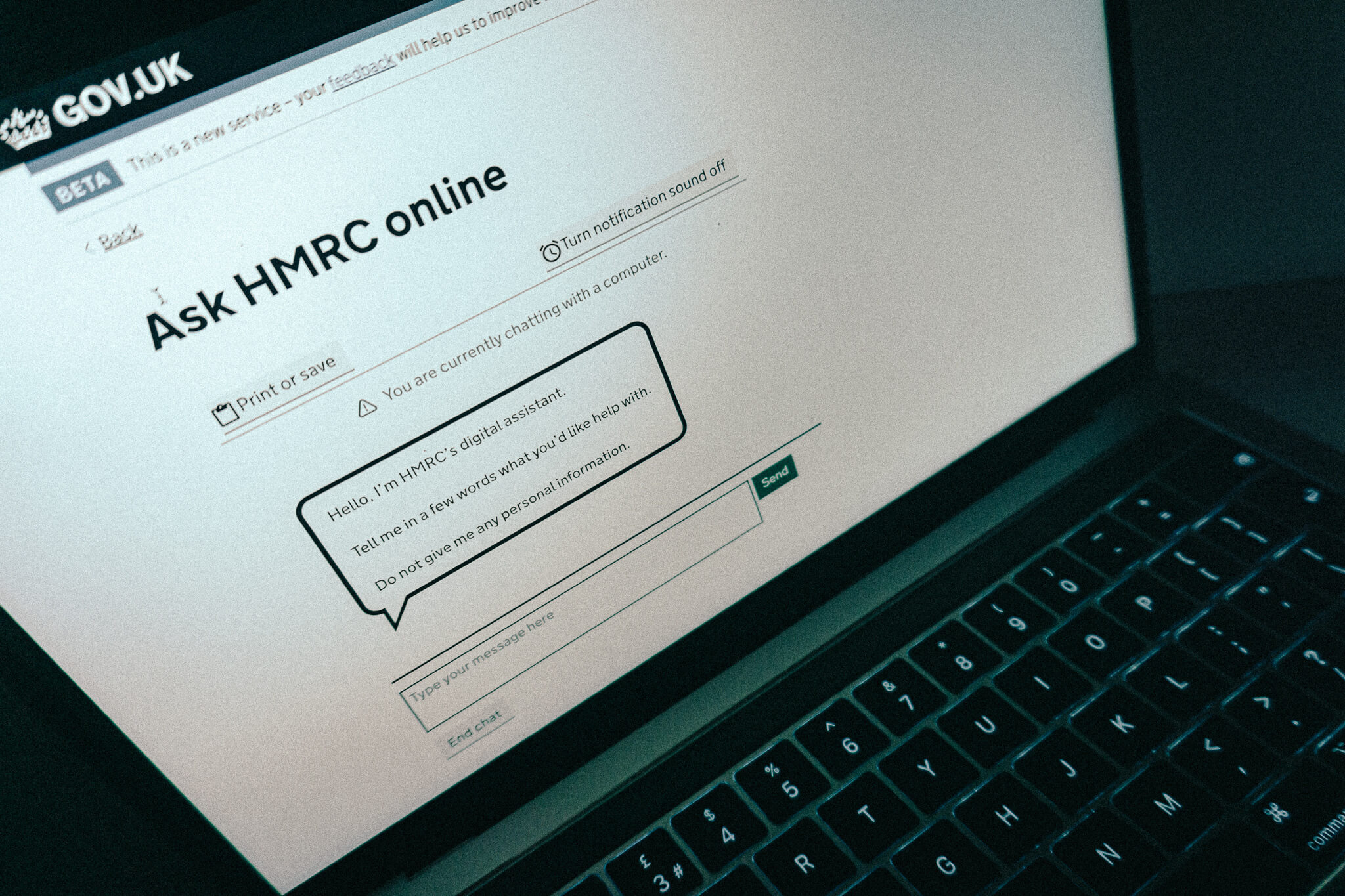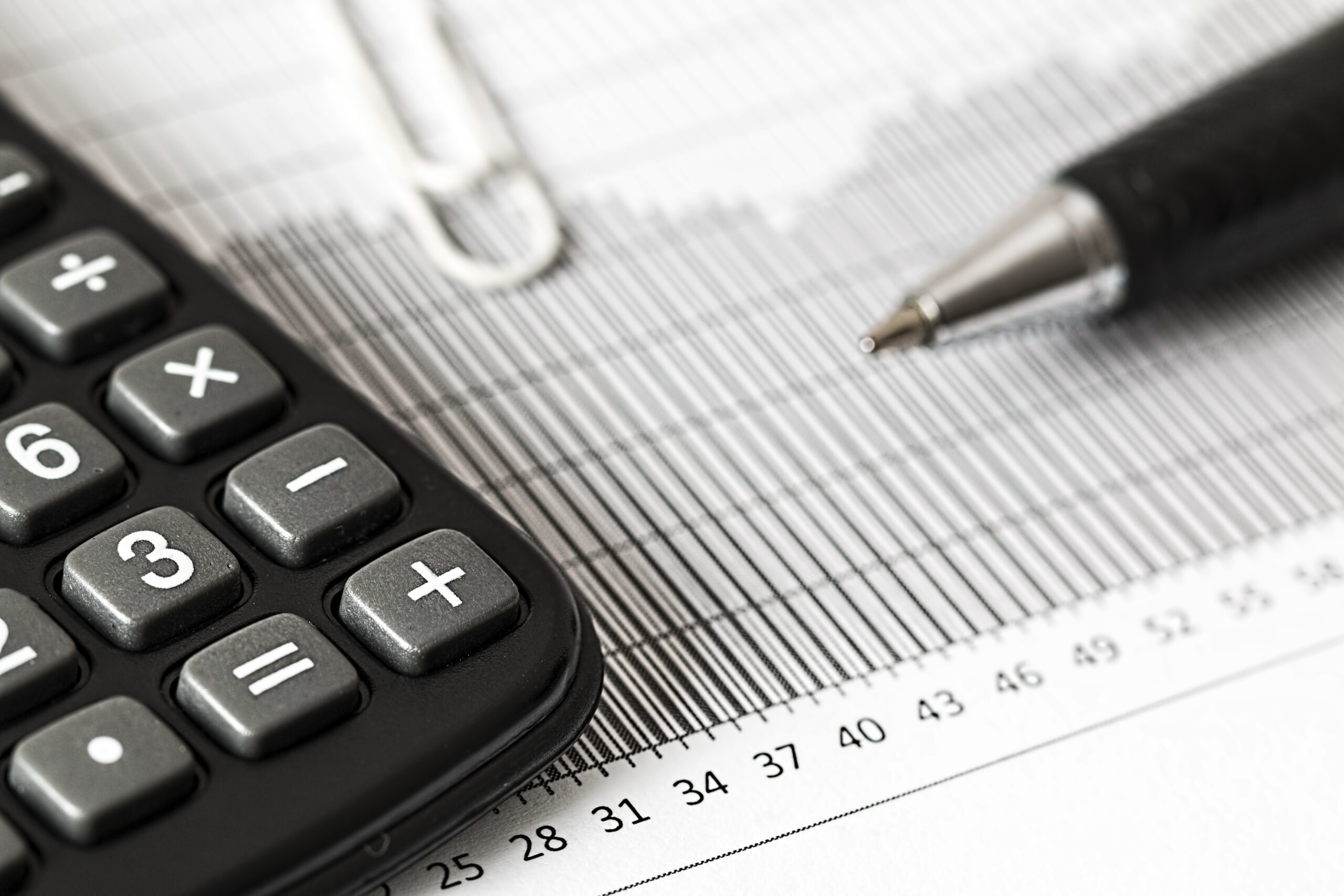Sir Tim Berners-Lee tells event why data is a completely different type of commodity
Credit: Oliver Berg/DPA/PA Images
The creator of the world wide web Sir Tim Berners-Lee has claimed that those who describe data as the new oil are well wide of the mark.
At the annual summit of the Open Data Institute – which Berners-Lee co-founded – the celebrated computer scientist said that people and businesses need to start conceiving of data as a completely different type of commodity.
Unlike other commodities, it can be traded repeatedly without losing ownership and its value differs greatly depending on whose possession it is in. But these aspects of its essential nature are frequently misunderstood, he said.
“Describing data as the new oil is really, really wrong. With oil, there is a certain price per barrel and if I give you my oil, then I do not have any,” Berners-Lee said. “If I give you my data, I still own it, and I can give it to other people, unless I come to an exclusive arrangement where I only give it to one company, and that’s really bad – because the value of data is when you share it.”
“The value of my data to me is much greater than it is to anybody else… you can share the things with people that you want to share to get your life done.”
Sir Tim Berners-Lee
He added: “If you’re an insurance company, the value [of my personal data] is understanding how long people like me live. But for me, this is about how I live – whether I can run a marathon [for example]. The value of my data to me is much greater than it is to anybody else… you can share the things with people that you want to share [them with] to get your life done.”
With the general public now possessing – in perpetuity – such a valuable commodity, “we need to get people to think about [an economy] where everything is spent upside down”.
Trust issues
At the event, which took place in central London earlier this week, the ODI published research – conducted by the institute in conjunction with YouGov – that found that the general public trust government to handle their data less than they trust banks to do the same.
Just 30% of people surveyed said they trusted central government to use their personal data ethically, while 31% trusted local government.
This compares with 42% of the 2,007 people surveyed who said they trusted banks and building societies.
Civil servants did fare better than utility providers, however, which were trusted to handle data ethically by just 18% of survey respondents, and social media organisations, which were trusted by only 5%.
The only organisation to secure the confidence of more than half of people in the survey was the NHS, with 59% saying they believed the health service could be trusted to handle their data.

The survey results showed how strongly people felt about how their information is used, with 87% saying they felt it was important or very important that the organisations they interacted with used data about them ethically.
And it also showed an appetite for government regulation, with nearly half of respondents – 44% – saying government and regulators should have the most responsibility for ensuring data about them is handled ethically. Meanwhile, 18% thought most responsibility should rest with the companies and organisations collecting data, 12% with individuals and just 3% with consumer rights organisations.
ODI chief executive Jeni Tennison said the results showed that people “quite rightly expect organisations to use their personal data ethically”.
“Organisations need to respond to their concerns and be more trustworthy in how they collect and use personal data. This is not only the right thing to do, it will help organisations to keep benefiting from the data they rely on and retain the trust of their customers and employees.
“Talking about using data ethically is not enough, organisations need to publicly demonstrate how they do this in order to build trust.”



